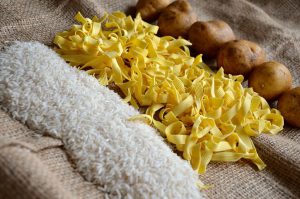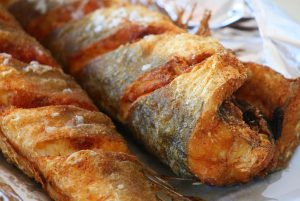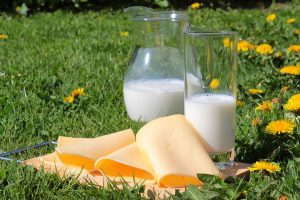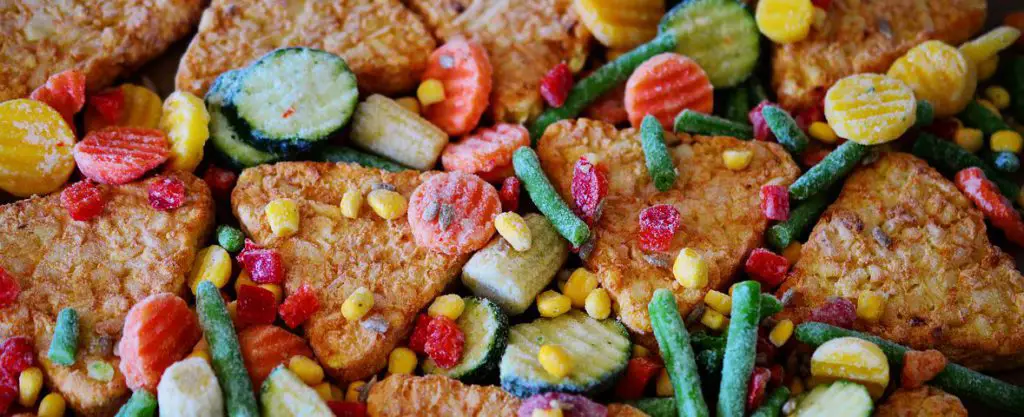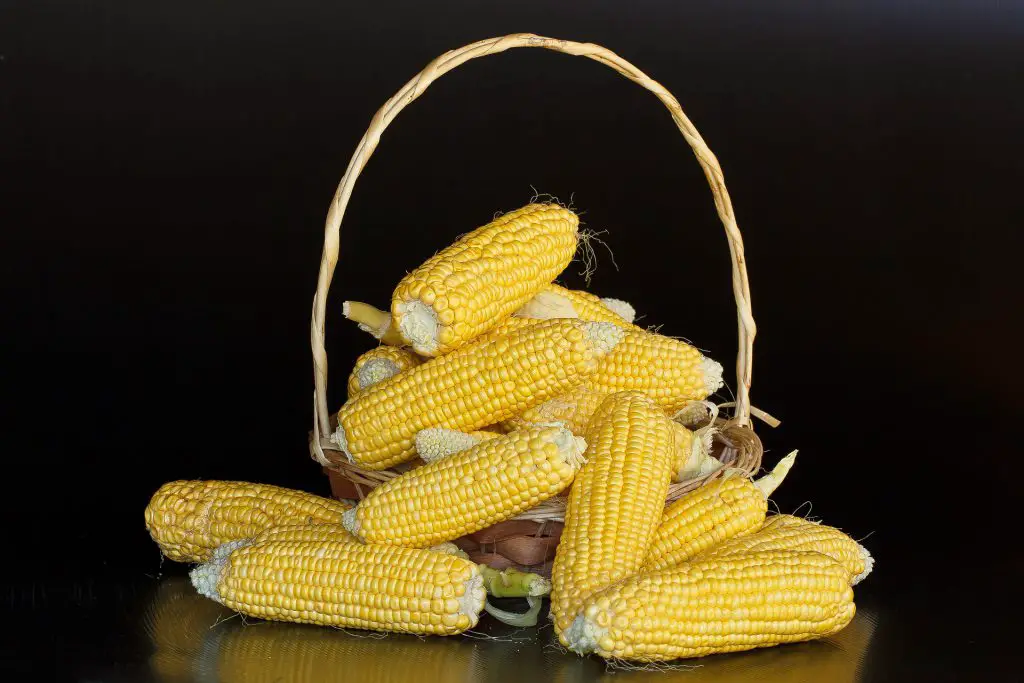Nutrition tips for breastfeeding mothers; Breast milk has and is still is the best nutritious food ever to feed your baby with from day one. However, we also want to focus on the giver of the milk which is the mother.
Mothers do however need to eat healthy in order to produce more milk for their babies. Because not all babies do not have an appetite. Babies love their mother’s milk, and they prefer having it countless times during the day and also during the night!
That is why we need to focus on their health as well, as it is of great importance.
Mothers bodies have what we call mammary glands that are responsible for producing breast milk. These are derived from nutrients in your body. Henceforth you need to eat to keep your nutrients at a high level. Breastfeeding can be tiring especially if your baby has an appetite. You have to eat to boost your energy levels.

Experts recommend that nutrition tips for breastfeeding mothers are taken into consideration. They also advise that an average of 500 calories be taken in a day. And also take note that they don’t take lots of time without eating anything in between meals. If they wait too long their blood sugar will rise and plummet and zap their energy.
This article will help you as a breastfeeding mother. As it contains healthy eating diet tips for you to include in your menu as you breastfeed all day.
Dehydration in nutrition tips for breastfeeding mothers.

When your body is dehydrated, the milk supply can be affected if it is severe. So breastfeeding mothers should stay hydrated by drinking lots of fluids including water. It is best to go for a decaffeinated, non-alcoholic, unsweetened drink whenever you feel thirsty. Which is common in nursing mothers.
Build your meals around ;
Complex carbohydrates
: in nutrition tips for breastfeeding mothers
White flour or refined sugar is a source of carbohydrates. For they help provide energy to support the growth and development of a baby and while breastfeeding.
The best sources of carbohydrates are whole grains, fruits, and vegetables. Which also are good sources of fibre. Beans and nuts seeds are cereal-based starchy foods. And can be taken as they are added nutrients that help the body produce more milk. And above all it makes the mother stays full.
Fish
:in nutrition tips for breastfeeding mothers
Highly recommended for breastfeeding mothers particularly fatty ones like wild salmon. Which are high in proteins and omega 3 fatty acids DHA And EPA vitamins. Fish is recommended among the various foods listed on nutrition tips for breastfeeding mothers
Shellfish and crabs are also an exception. Breastfeeding mothers are encouraged to take at least 8 to 12 ounces of fish with low mercury levels every week. They make a healthy diet because they contain high-quality protein and other needed nutrients. And are low in saturated fats. A diet that includes a variety of fish and shellfish . Can boost mothers heart health, the child’s proper growth and development.
The FDA and CDC advise that pregnant or breastfeeding women must avoid four types of fish associated with high mercury levels.which are shark, swordfish, king mackerel, and tilefish caught in the Gulf of Mexico.
Recommended lower-mercury fish include shrimp, pollock, salmon, canned light tuna, tilapia, catfish and cod.
Other sauces of protein such as lean meat, eggs, or pulses are equally important.
Iron; nutrition tips for breastfeeding mothers
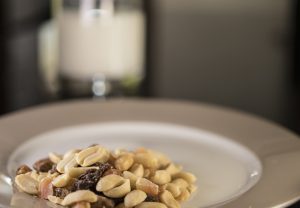
Anaemia is caused by a lack of enough iron in the body. Meaning that, if you lack enough iron. You are at risk of getting an infection. Again this is a nutritious tipoff for you to add to your nutrition chart. Dietary sources of iron include lean meats, fortified cereals, legumes (beans, split peas, and lentils), and leafy green vegetables.
Starchy foods
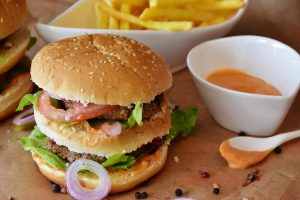
Starch is and should be the main type of carbohydrate in a breastfeeding mothers diet at this stage. As it helps the stomach to stay full at all times. Hence milk processing will be a lot faster.
Starch is made up of a number of joined sugar molecules. Starch can be found in a range of foods, including bread, cereals, noodles, pasta, as well as starchy vegetables.
However, there are vegetables that are classified as non-starchy vegetables. which consists of not too much starch. Such as bread, potato, pasta and rice.
Dairy products
Milk products are a type of food produced from or containing the milk of mammals. They are primarily produced from mammals such as cattle, water buffaloes, goats, sheep, camels and humans.
Dairy products include food items such as yoghurt, cheese and butter. Some dairy products include foods such as; yoghurt, cheese, natural processed cheese yoghurt, sour cream, frozen desserts, ice cream, milk, whey and milk powder.


